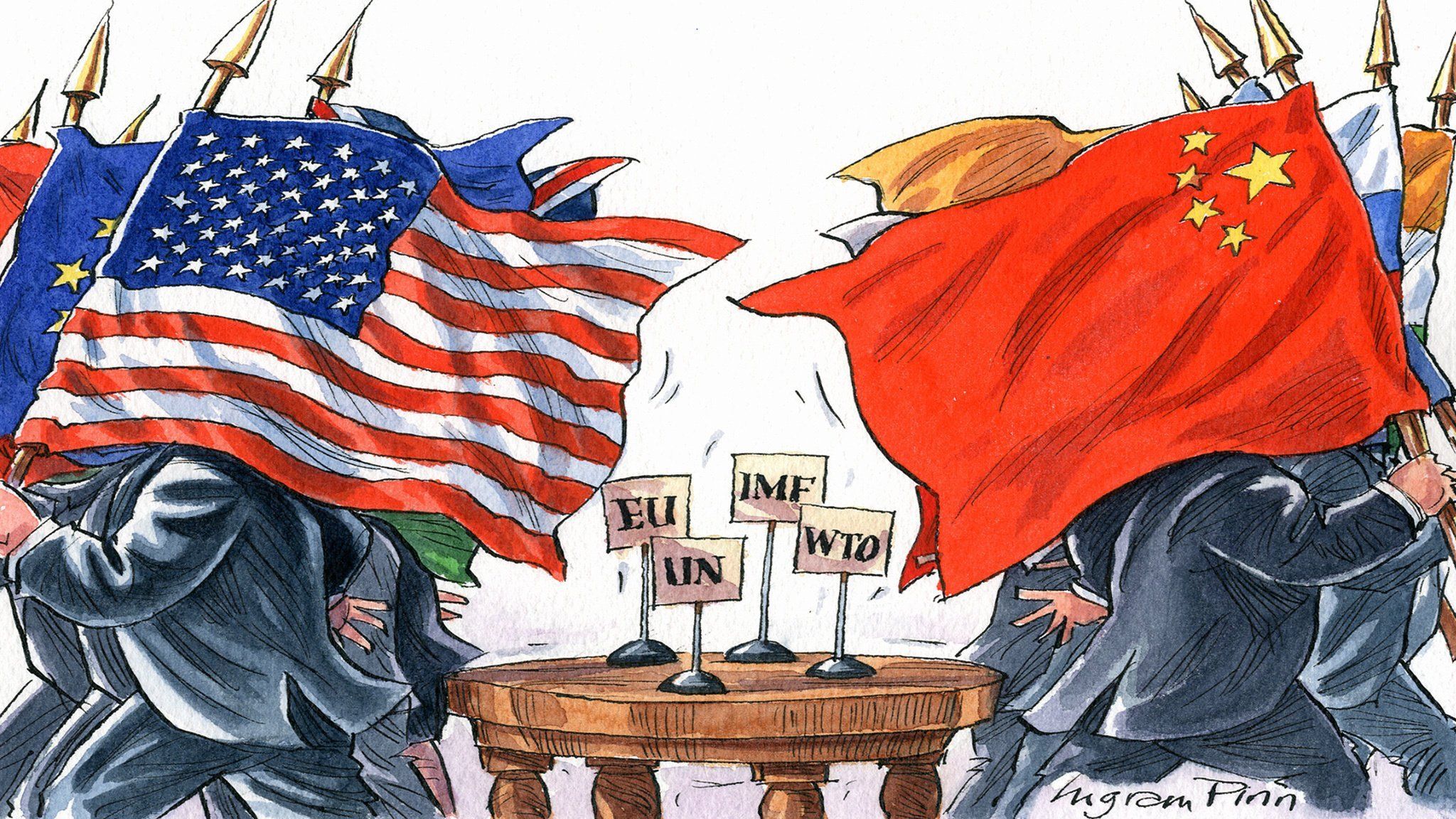

Jul
In light of the (relatively) recent concerns surrounding the possibility of trade tensions between China and the United State escalating in a dramatic manner, a lot of observers are undoubtedly asking themselves whether or not a trade war can actually be won.
So, could China win a trade war against the United States?
Yes.
Could the United States win a trade war against China?
Once again, yes.
The fact that trade wars are theoretically “winnable” is what makes them so enticing in the first place, despite the reality that practically speaking, historic precedents tend to paint a downright horrible picture. When you are running the United States and notice that your country is at a yearly trade deficit of almost $400 billion ($378.6 billion per year, to be more precise) with China, it can be hard to resist the temptation of simply making Chinese imports less attractive through tariffs and all sorts of other barriers so as to close that gap.
Can you do it?
Yes.
Could it work out for you?
Yes.
Is it likely to?
Historically speaking, definitely not!
Simple logic tells us that if the United States were to impose humongous trade tariffs on China and China doesn’t do anything about it, the United States would indeed “win” if we are to use blunt and overly-simplified terminology. However, historic precedent after historic precedent tells us that the likelihood of this happening is ridiculously low and that in reality, China (or any other country one were to impose debilitating tariffs on) would retaliate.
Because, make no mistake, China has options at its disposal despite the fact that it is experiencing a huge trade surplus with the US each year and it may seem that the United States just doesn’t have all that much to lose. For example, just think about what would be likely to happen if China were to quickly liquidate its over $3 trillion in USD-denominated reserves. Needless to say, the market would be crushed by this one simple decision.
Once again, retaliation options abound.
Unfortunately, these retaliation options can have catastrophic consequences for all countries involved in global trade, not just the two nations fighting the trade war. Remember the Great Depression of 1929? What about how, to boost exports, countries tried to weaken their currencies and engaged in outright currency wars? And how, eventually, currency wars led to trade wars, with World War II starting not all that long afterward?
This is just one example and do keep in mind that at this point, the global economy is considerably more interconnected than it was almost a century ago, with all sorts of “unexplored” vulnerabilities, the likes of which people wouldn’t have even dared to imagine in the WWII days. For example, cyber attacks which could put an end to today’s technology-dependent status quo in ways that are almost impossible to quantify. Or the nuclear warfare dimension, the list could go on and on.
Did previous generations of leaders who started trade wars not think about the potential ramifications? Of course they did, with pretty much any leader having an army of advisers at his disposal. Yet the very fact that trade wars were and to a certain extent still are perceived as “winnable” ended up proving to be the decisive factor.
One can only hope that at this point, the historic case studies involving trade wars that we have at our disposal are compelling enough to ensure today’s leaders don’t take things too far with respect to the various trade-related conflicts that inevitably arise on the global scene. Or, in other words, that trade tensions between the US and China will be firmly entrenched in rhetoric territory, with actual legislative/administrative action being limited to calculated shots on both sides. If not, while it is true that in theory at least, someone might be able to win a trade war, what’s more likely is that everyone would lose.
